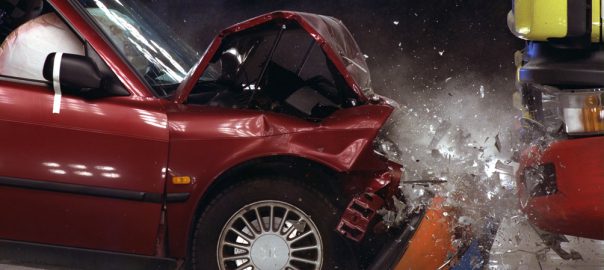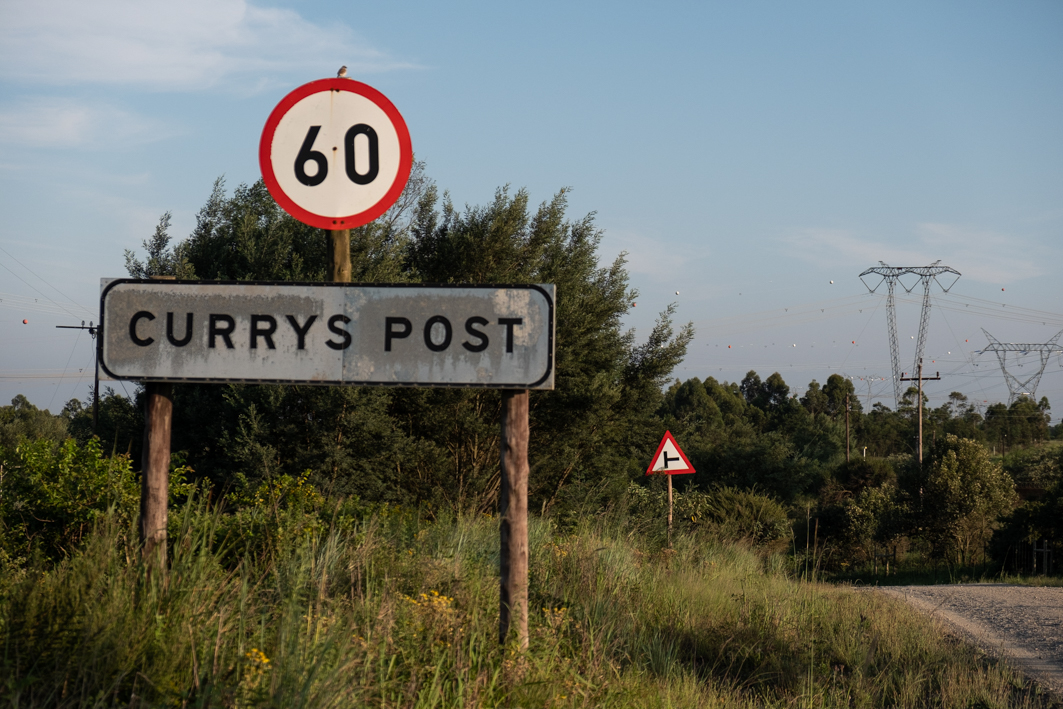One of the highest road fatality rates in history was recorded over the 2015 Easter weekend. More people died over one long weekend on South African roads than during the entire year of 2014 in Sweden!
If South African figures are accurate, more than 16 000 people were killed on our roads last year, compared with 264 in Sweden.
True, Sweden has a population of ten million, but even if their figure is multiplied by five, the South African toll remains atrociously high by comparison, and puts the country among the highest in the world in terms of road fatalities.
Losing 16 000 citizens in a year is like wiping out an entire town the size of Hopetown in the Northern Cape!
Sadly, the cost of losing a loved one, who may also be a breadwinner, is incalculable and no amount of financial help from the Road Accident Fund can compensate for it.
So what is it about our road users that makes us so vulnerable and susceptible to road trauma?
The authorities are unwilling or unable to deal with the challenges of poor driver training, half-hearted implementation of regulations, lack of resources, inadequate law enforcement, bribery and corruption, and fragmented planning and co-ordination. This results in bad driving, abuse of alcohol by drivers and pedestrians, distracted driving, overladen and unroadworthy vehicles and the general disregard of traffic rules.
The media, especially the mainstream motoring media, as an influential group cannot remain silent on the tragedies that occur daily on our roads. It is not sufficient to discuss road safety as a seasonal topic, or to confine themselves to a specific issue such as e-tolling.
Reporting on road safety needs to be dynamic, pro-active and critical. The media needs to act as an advocate of road safety by lobbying government and educating and informing the public in a fair, transparent and sustainable manner. It must be a catalyst for positive change and provide decisive leadership on all road matters.
It has t In fact, the same kind of pressure must be brought to bear on the authorities over road casualties as was focused on the recent awful episode of xenophobia. Only when every sector of the community makes road safety top-of-mind will there be the change that everyone wants to see.
While the country waits for a tender for the development of a coherent and integrated road safety strategy to be awarded to some hapless service provider who is clueless about road safety, ordinary South Africans will have to make it their individual priority and responsibility. This can be done by changing their mind-sets, becoming voluntarily compliant by obeying all road traffic rules and regulations, irrespective of what everyone else is doing. People should refrain from indulging in corrupt behaviour at roadside checkpoints, vehicle testing stations and weigh bridges, because corruption undermines the best of strategies. And, finally, motorists can make our roads safer by enhancing their driving skills, not only when they start out but later, by undertaking enhanced driver training courses at a reputable driving academy. It’s never too late and could save you more than money and inconvenience. It could save your life, or the life of a loved one. And that’s what it should always be about.








